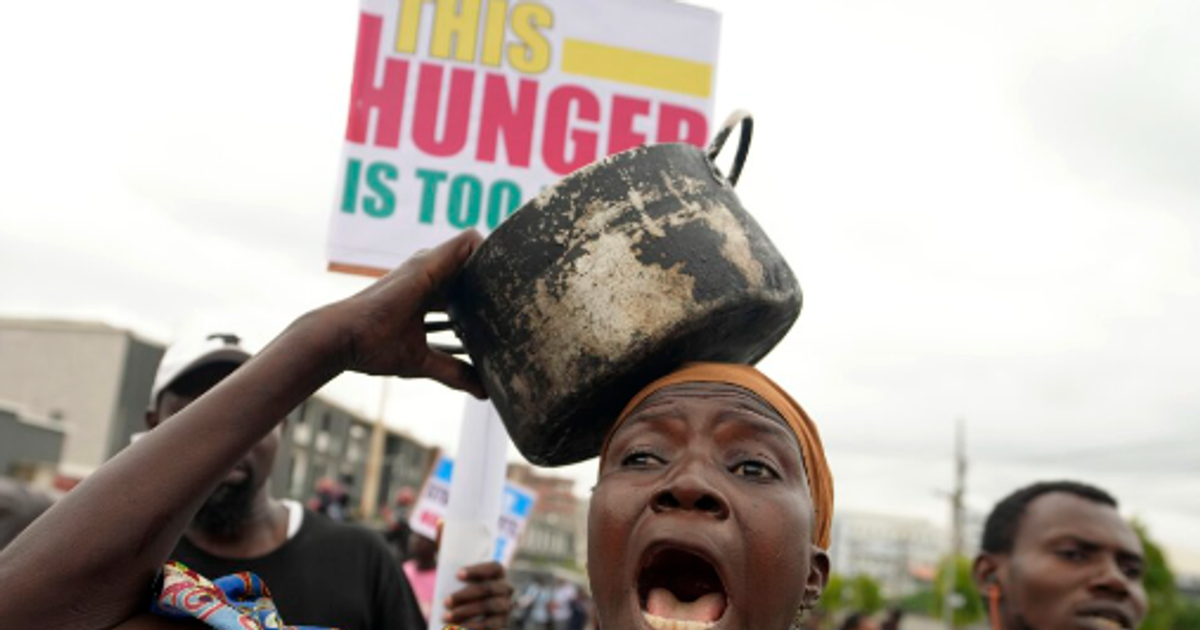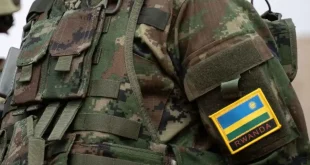In total, 76 protesters are facing ten felony charges, including treason, property destruction, public disturbance, and mutiny, according to the charge sheet obtained by The Associated Press.
The charge sheet indicates that the minors are aged between 14 and 17.
Growing frustration over the cost-of-living crisis has led to several mass protests in recent months. In August, at least 20 people were shot dead, and hundreds were detained during a protest calling for better job opportunities and conditions for young people.
Although Nigeria instituted the death penalty in the 1970s, no executions have taken place since 2016.
Akintayo Balogun, a private lawyer based in Abuja, noted that the Child Rights Act prohibits any child from being prosecuted and sentenced to death.
“So, taking minors before a federal high court is wrong, ab initio, unless the government is able to prove that the boys are all over 19 years of age,” Balogun said.
The court eventually granted bail to each defendant at 10 million naira (£4,800) with strict conditions that have yet to be met, said Marshal Abubakar, counsel for some of the boys.
“A country that has a duty to educate its children is choosing instead to punish them. These children have been detained for 90 days without food,” Abubakar stated.
Yemi Adamolekun, executive director of Enough is Enough, a civil society organisation advocating for good governance in Nigeria, said authorities have no justification for prosecuting children.
“The Chief Justice of Nigeria should be ashamed. She is a woman and a mother,” Adamolekun said.
Despite being a leading crude oil producer in Africa, Nigeria remains one of the world’s poorest nations. Persistent corruption has created a stark contrast between the lives of public officials and the general populace. Medical workers frequently go on strike over inadequate pay.
Politicians and lawmakers, often criticised for corruption, are among the highest-paid in Africa. Even the president’s wife, whose position is not constitutionally recognised, receives taxpayer-funded SUVs and other luxuries.
With a population exceeding 210 million — the largest on the continent — Nigeria faces severe hunger issues and high unemployment. Inflation has reached a 28-year high, and the naira is at record lows against the dollar.
The United Nations food agencies recently labelled Nigeria a “hotspot of very high concern,” indicating that a significant number of people are experiencing, or are expected to experience, critical levels of acute food insecurity in West Africa.
Source link



